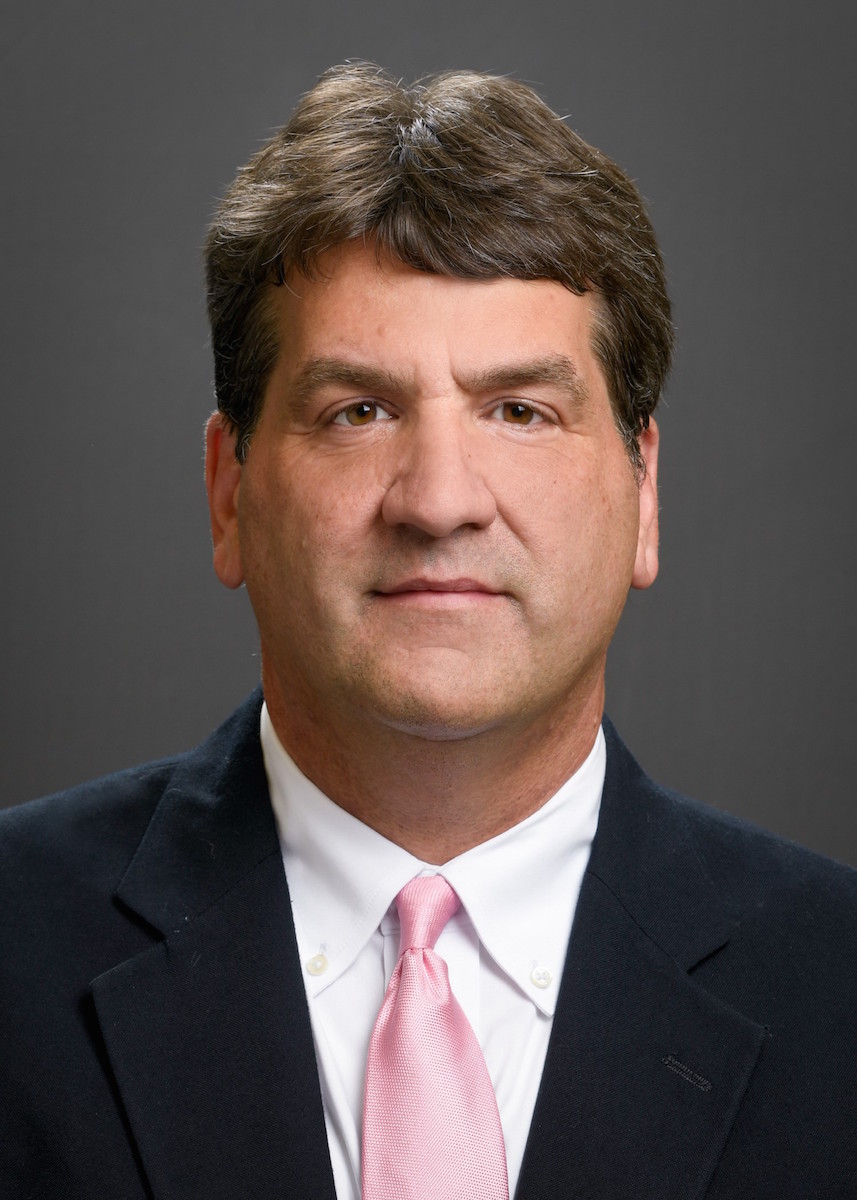How one quiet man’s efforts to help those in need in Chester County turned into a loud call to action
 January 28, 2020
Category: Featured, Long, Purpose
January 28, 2020
Category: Featured, Long, Purpose
Disclosures
This guest column was written by Christopher Saello, the president and CEO of United Way of Chester County.Sometimes it’s the smallest dogs that have the biggest bark. And the little pebble that sends big ripples through the still water. And sometimes it is the quietest people that make the most noise.
In August 2018 I read an article in the Philadelphia Inquirer about some anti-poverty crusaders from the Honey Brook Food Pantry who were helping mobile home owners who were overpaying on their taxes.
As I read the article, I was shocked to learn that a mobile home depreciates like a car but due to language in the PA state tax code it must be taxed the same as a house. The result of this language is that while a mobile home depreciates every year, it continues to be taxed at the same rate and quickly becomes over-assessed.
The article described how Food Pantry volunteers Randy and Debbie Blough learned of the problem when a client mentioned that they had purchased an older mobile home for $900 but their taxes were $1,300 — which was causing them financial hardship.
After hearing of other food pantry clients that were in the same situation, Randy investigated and discovered that the only way to fix things was to go through a lengthy tax appeal reassessment process.
A quiet and soft-spoken man, Randy is also a naval academy graduate and he decided to go into battle against the system to help people fight this injustice.
He cobbled together some donations to cover the costs of filing, learned how to go through the reassessment appeal process, and went to work filing 22 appeals for food pantry clients.
Because the cumbersome process included a mandatory in-person appearance for a four-minute hearing in West Chester — in the middle of the week and in the middle of the day — some clients could not make it due to jobs or lack of transportation. Randy got permission to appear on their behalf and he personally successfully appealed the 22 cases, saving these homeowners approximately $20,000 per year in taxes that they should have never been liable for in the first place.
After becoming CEO of United Way of Chester County in January, 2019, I reached out to Ken Ross, the executive director of the food pantry, to learn more about the problem and how UWCC could help. Financial stability is one of the cornerstones of our work at UWCC — we’ve operated the only Financial Stability Center co-located with a Careerlink facility in the state of Pennsylvania for the past five years — and helping people to become financially stable and self-sufficient is a high priority.
As part of our new strategic plan, we had made the commitment to aggressively seek out the people that needed help and laser focus on solutions to help them. I invited Ken, Randy and Debbie to come in to meet with our staff.
Ken told us that in the 6.4 mile stretch on Route 322 in Honey Brook from Route 82 to the Honey Brook Food Pantry there were 1,037 mobile homes.
What if we went into one of these mobile home parks and lifted the entire neighborhood up by getting everyone reassessed?
We realized quickly that Randy’s and Debbie’s efforts were something that the mobilizing power of United Way could help to scale to reach many more mobile home owners.
We asked Ken, Randy and Debbie: “What if we went into one of these mobile home parks and lifted the entire neighborhood up by getting everyone reassessed, could you help us?” The answer was an enthusiastic yes. And that small pebble began to make ripples.
We recruited the assistance of Legal Aid of SEPA, the law firm Shook, Hardy and Bacon jumped on board, and the UWCC’s board of directors courageously approved funding for a pilot program unlike anything we’d ever done before, and — to the best of our knowledge — the only one of its kind in the United States.
The team of collaborative partners got started, volunteers were trained, and with the support of former county commissioners Terence Farrell and Kathi Cozzone, current commissioner Michele Kichline, and Jonathan Shuck, the director of the assessment office, we had completed 177 mobile home reassessments by the end of summer 2019.
The results of this pilot were staggering.
When we began, these 177 mobile homes were being taxed as if they were, collectively, worth $6.5 million. But after the assessment hearings, the appeals board determined that they should have been assessed at only $1.9 million, a drop of $4.5 million and an over-assessment, on average, of 70%. The corresponding drop in taxes for these 177 mobile home owners was $171,580.
Let me say that again. They will save over $1.7 million in taxes over the next 10 years that they should have never owed to begin with.
In some cases these savings could be the difference between whether they need food from the food pantry or not; or whether they have to choose between paying taxes or the electric bill.
But the work isn’t over. Because a mobile home depreciates approximately 3% a year, these homeowners will need to go through the reassessment process every three to five years to keep their mobile home assessments accurate.
What started as a ripple has now become a wave. United Way Worldwide’s innovation team has followed this program closely to see if it is something that can be scaled nationally, and the CEO of the United Way of PA presented it to directly to Governor Tom Wolf as part of a meeting on the ALICE Project.
After learning that there are more than 3,600 mobile homes in Chester County, the UWCC board decided it was time to scale again, and approved funding for an aggressive goal of 1,000 more reassessment appeals in 2020, as part of what is now called United Way of Chester County Mobile Home Tax Reassessment Project.
UWCC, the food pantry and legal aid continue outreach efforts to legislators to advocate for system-wide change, but in the meantime will continue to disrupt the system by pushing through more reassessments for these hard-working people in Chester County.
The sad reality is that mobile home owners are losing their homes every month (in our pilot project 17 of the 177 were facing sheriff sales) for back taxes that they should have never owed — all because of a flaw in the language of the state tax code.
This is not only a Chester County problem. This is a national problem. And it is time we fix this.
Randy Blough is an instigator. Randy Blough is a disrupter. Randy Blough is my hero.
Trending News











